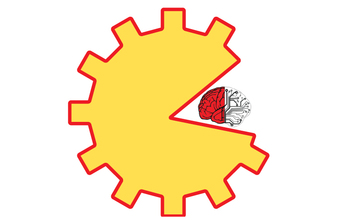
Measuring SMART Scope: While analyzing the scope of smart industry six main challenges arise in smart industries. The product/process design is the first of these challenges. It covers all the tools and engineering services supporting the design of parts, finished products, processes, production lines, and factories.
The second challenge is the management and control of the production apparatus. This integrates the control system, traceability, and the management of physical flows. Manufacturing operations which is at the heart of processing were identified as the third challenge.
The fourth challenge covers services related to the production apparatus. It includes the integration services of the various components of the production line and the installation and maintenance of production machinery. The fifth challenge is the newcomer; it includes the digital technologies behind the upheaval. Finally, work organization is the last challenge.
Under SMART Expert Lens: While taking a look at critical facets of the smart factories of the future definitely one thing which comes in limelight is that Future Factories will be shaped by the Internet of Things.
Lesser importance would be given to location, thanks to the immersion of IoT technologies, some functions that are integral to manufacturing need no longer to be co-located while some can be controlled and monitored from faraway places. Paradoxically, increased automation requires additional manpower, modifying the nature of the demand for labour. IoT Standards and international collaboration would play a vital role to facilitate industrial automation.
(Continued on the next page)



























